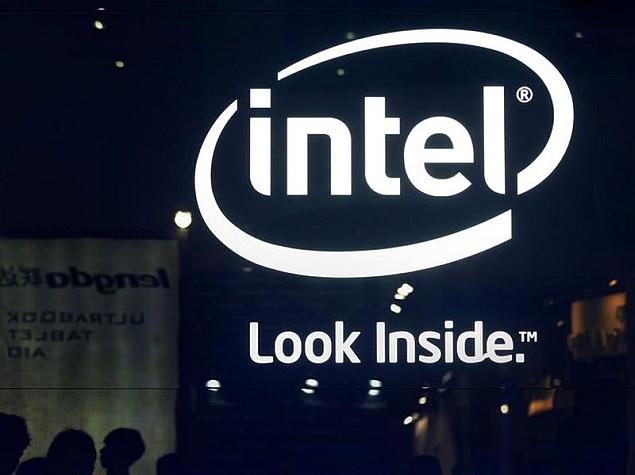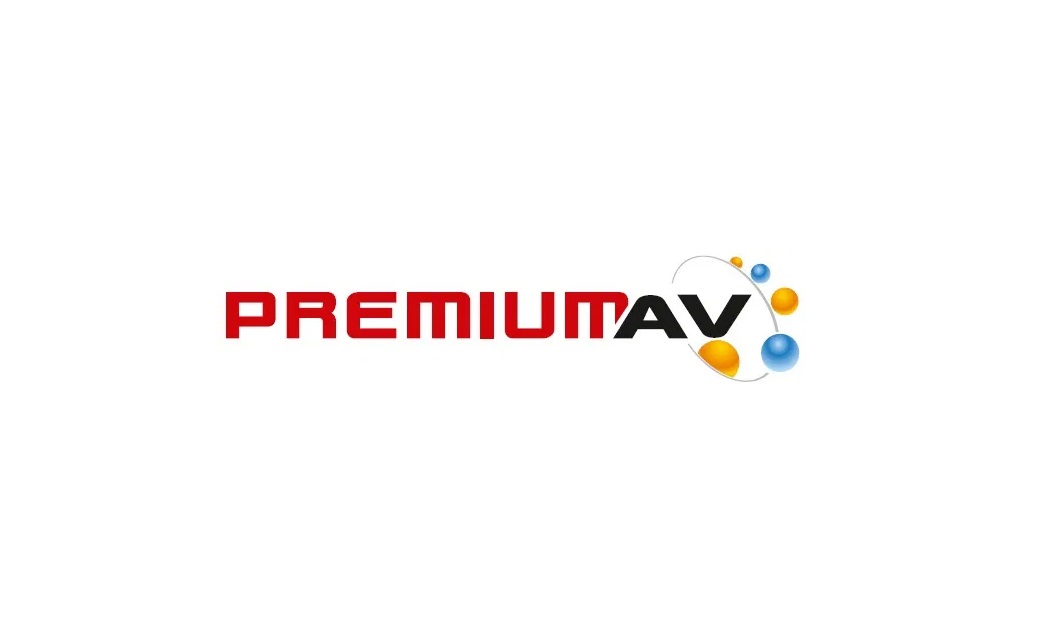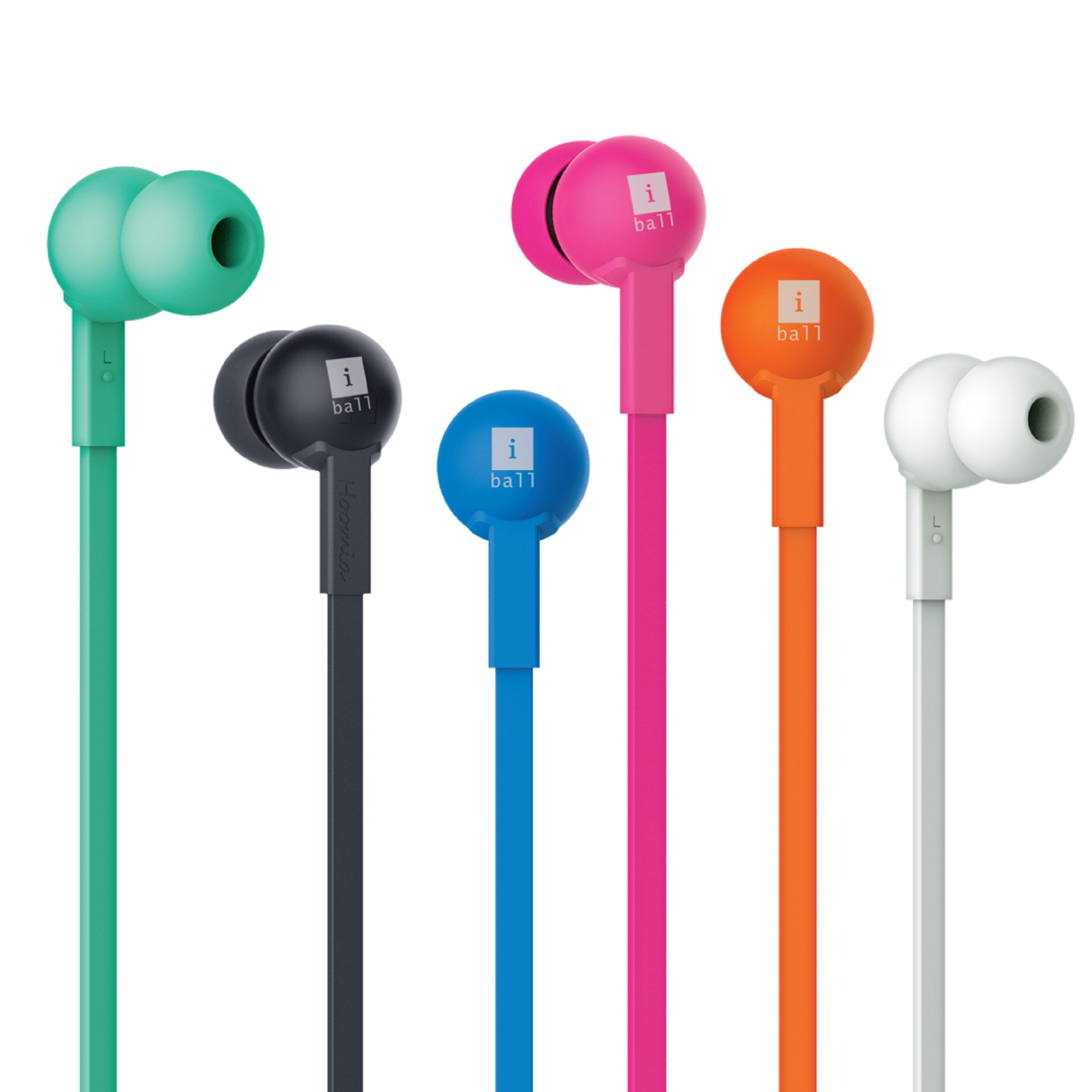The personal computer is evolving from one-size-fits-all into a spectrum of screen sizes — keyboard optional, said Intel Corp’s global head of PC chips, in a trend that could rejuvenate the computing industry’s slowest growth segment.
The world’s biggest chipmaker by revenue, which recently began an aggressive though belated push into tablets, is keeping faith in PCs with new models variously dubbed all-in-one, 2-in-1 and hybrid, featuring foldable or detachable keyboards.
“The desktop (PC) used to be that dusty box below your desk that you basically replaced when the fan broke,” Kirk Skaugen said in an interview at Taipei’s annual Computex trade fair.
But instead of a straight switch, users are opting for all-in-one models which resemble touch-enabled TVs often equipped with keyboards and mice, Skaugen said at the world’s second-largest information and communications technology event.
Over the past year, global sales of Intel-based all-in-one desktop PCs have grown 16%, Skaugen said. By comparison, researcher IDC said overall PC shipments fell 10% last year, and are likely to fall 6% this year.
Intel has been hit hard by the shrinking market for PCs where most of its chips end up, as consumers shift to tablets for general computing needs. But in the first quarter, profit beat analyst estimates thanks to increased focus on chips for data centres and mobile devices.
This year, Intel aims to have 40 million tablet computers shipped with its chips, four times more than last year. IDC, however, sees tablet market growth slowing to 12% from 52%cent.
Intel, which recently partnered with China’s Fuzhou Rockchip Electronics Co Ltd to make low-priced tablet chips, intends to hit its target largely by subsidizing the cost of its chips for tablet makers.
“We will hopefully reduce the need to do any additional subsidizing” in 2015, Intel president Renee James said without elaborating, at a media question-and-answer session at Computex .
The Silicon Valley chipmaker became a household name in the 1990s with its “Intel Inside” global marketing campaign. But it recently appointed a new marketing chief as it has struggled to appeal to a new generation of consumers.
The timing coincides with a possible turnaround for PCs. Richard Windsor, a tech blogger and former Nomura Securities analyst, wrote after Intel’s showing at Computex that increased diversity in the form of desktop and laptop PCs should encourage consumers to upgrade, and thereby ignite a new round of growth.
“Intel and Microsoft are likely to be the biggest beneficiaries of this trend,” Windsor wrote.
Contract manufacturer Pegatron Corp, whose clients include Apple Inc, also recently said industry-wide PC shipments should stop declining by the second half of this year.





